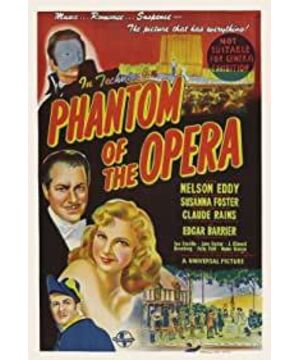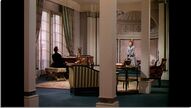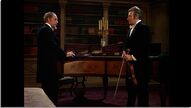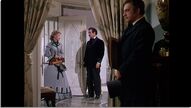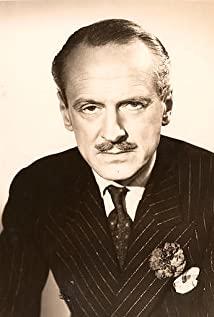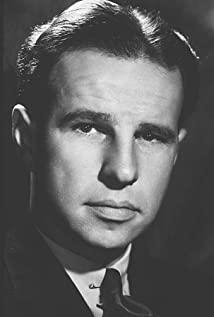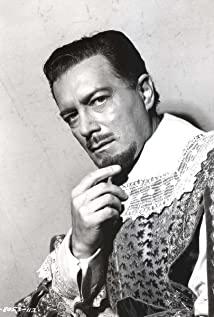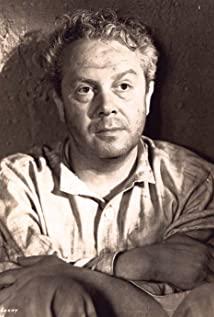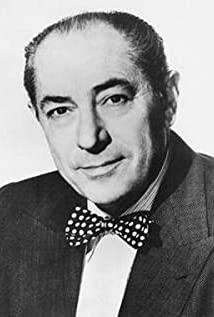Far more a romantic musical than a grisly horror, Universal's 1943 Technicolor remake of PHANTOM OF THE OPERA shares the same set of Rupert Julian's 1925 silent predecessor (starring Lon Chaney as the Phantom), directed by contract director Arthur Lubin, it is a costly production that brings all the chromatic resplendency to wow its audience, notably, the replica of the Opéra Garnier interior, seen in color, with its grand live performance (lead by Nelson Eddy and Susanna Foster, both belters of orotund register), no wonder the Phantom's doleful tale takes a back seat here.
Here, the Phantom aka. Erique Claudin is played by Claude Rains, a veteran violinist of the opera house, after a perfunctory chain of occurrences, misfortunes push him into murderous act and he ends up a wanted man at large with a disfigured visage, conveniently hiding in the immense and palatial Opéra Garnier (containing thousands of rooms, boasted by one of the managers), he continues creating every possible opportunity for his unwitting obsession, young opera star Christine DuBois (Foster) - both hailed from Provenance and enchanted by the same lullaby, including a flagrant murder of the haughty diva Biancarolli (Farrar, sharing a Celeste Holm resemblance and emanating naive derring-do when encountering a masked maniac), the barrier is clearly for her understudy Christine,who seems too blithe to be bothered by the macabre affairs as long as she has the stage to sing, not to mention that she has been clandestinely and financially supported by Erique for expensive singing lessons, yet she has no clue of anything about her secret admirer .
For hardened horror fans, this hybrid of two tonally incongruent genres never pay off, Rains doesn't sport a mystic killer's flair and any trace of gore is excised completely, not to mention the comic relief of Christine being simultaneously courted by both baritone Anatole Garron (Eddy) and Raoul Dubert (Barrier), the policeman who investigates the Phantom cases, and surprisingly, she gladsomely opts for a third alternative, leaving the two men in buddied chagrin.
Be that as it may, Lubin's opulent-looking pageantry prides itself with its own idiom in recreating Gaston Leroux's belle époque succès de scandale, for what it is worth, a chipper vibe is a good change if one can squeeze some frivolity out of a tall -tale predicated on gruesome madness.
referential entries: Joel Schumacher's THE PHANTOM OF THE OPERA (2004, 7.0/10); Robert Z. Leonard's NEW MOON (1940, 5.3/10).
View more about Phantom of the Opera reviews


